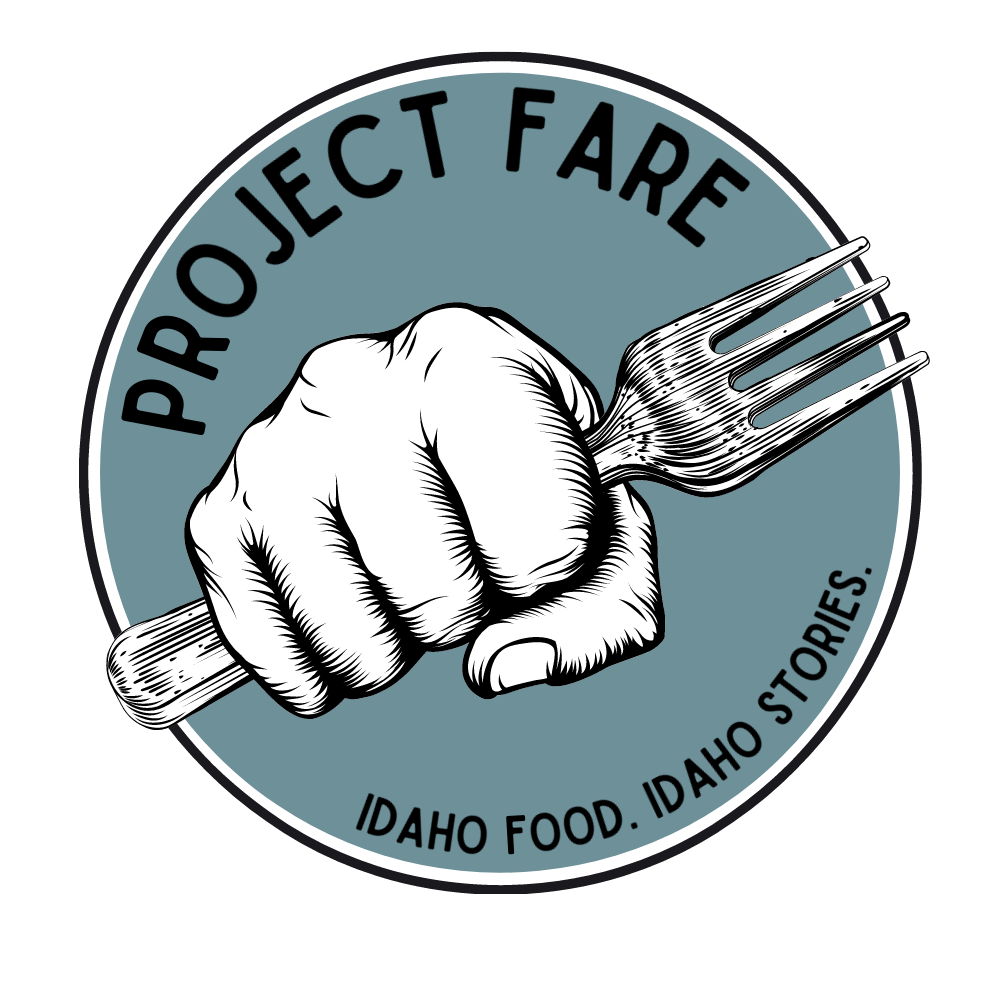Two stories of the Great Resignation in Idaho’s food and beverage industry
Former restaurant workers explain why they left the industry, while employers share their struggles to find workers
Story by Megan Guido | Illustration by Ethan Kimberling
This story is the third in a series about fair wage issues in the Idaho restaurant and beverage industry. Check out Part 1: Gratuity-Free in Idaho and Part 2: The Psychology of Tipping
It’s been called the Great Resignation: a voluntary mass exodus of employees from the national labor market, particularly low-paying service jobs, starting in early 2021. People in the American food and beverage industry see the same stories playing out over and over – workers leave the industry, while those who remain in the industry struggle to find employees.
Idaho isn’t exempt from the Great Resignation. Here are a few Idahoans’ experiences, from the views of both workers and employers.
Leaving the Industry
One young woman, who asked to be anonymous for this story, grew up working in her parents’ restaurant in Moscow. She held jobs in restaurants throughout college and at another family-owned restaurant in northern Idaho after graduating. She said she took a lot of ownership in her job and helped advance the business, including updating the menu and running its social media in addition to serving food.
Although she liked the opportunity to be creative, she ultimately decided to leave the position for higher pay and paid time off. She’s still in the service industry – but not food service. She hopes to work for the Peace Corps teaching English one day, or perhaps return to school as long as she has a full-ride scholarship to avoid taking out loans.
Levi Vixie worked for many restaurants on the Palouse as a bartender and waiter since he was a young adult. He once thought he’d be a career server, until recently, when he took some time off and traveled overseas. He’s now working for a data analysis company.
It’s a big shift away from an industry he once thought he would be in for a long time – he’d even explored the idea of opening his own restaurant. The business model he was looking at was a co-op or profit-sharing restaurant, where the risk of ownership and profits is spread among all workers, not just the owners.
“Usually when someone starts a restaurant, there are one or two people who are taking all the risk and getting the majority of the profit,” Vixie said. “Some of us want to be empowered to be an owner.”
He and a friend looked into starting a co-op restaurant in Wallace, but after some research, he didn’t think the model would work in the area.
Vixie and his friend did not get rich working in restaurants but they learned a lot and are ready to move on.
“We have both worked very hard for a lot of places and given a lot to (restaurants), but don’t necessarily have a lot to show for it,” Vixie said.
Searching for Workers
An often-overlooked part of the food service industry is hospital and long-term care. Managers of this service are experiencing similar challenges as restaurant managers, but the 24/7 operations of healthcare make it even more challenging to recruit food service workers.
Todd Unger, director of Food Services at Gritman Medical Center in Moscow, said most of the people he interviews for dishwashers or cook positions don’t want to work weekends.
He said COVID-19 requirements did not help his ability to recruit or retain people either. The hospital continues to require its employees to wear masks.
A former manager of a hospital food service department, who asked to be quoted anonymously, said she left her job because staffing challenges were just too stressful.
She said the expectation from the public is that the pandemic is over and hours and staffing should be back to normal in restaurants and food service.
“Everyone is tired of being short-staffed,” she said. “Managers are filling in for staff who call in sick or quit.”
She said the restaurants, as a result, are forced to limit their hours and constantly look for help and deal with turn-over.
Unger, who has worked in the restaurant industry for 37 years as a chef, manager and owner of his own restaurant, said the pandemic forced a shift to food delivery versus sit-down service. He said he thinks this trend is here to stay, but quality and service will be sacrificed for convenience.
“Our phones will be our new servers,” Unger said. “The next generation will remold the restaurant industry to fit into something that …. includes the technology and ideas to fit their needs.”



